It came as a shock to many when Avatar: The Last Airbender creators Michael Dante DiMartino and Bryan Konietzko announced their departure from Netflix’s live action version of the beloved series. Although they cited the traditional ‘creative differences’ given when anyone publicly leaves a project due to nonspecific reasons, some further details of the cause of the tensions have come to light.
First off, be aware that these come from anonymous sources within Netflix, so take them with a grain of salt.
One aspect, though, was apparently the inflating budget of the production, with DiMartino and Konietzko requesting more money to fully realize their vision. The intention to recreate the scale of the animated series in live action was always going to be an expensive prospect, but it seems Netflix decided they had already dedicated as much funding to the series as they were willing to.
Less reasonably, the issue of race came up. The world of Avatar is one without white people, instead populated entirely by people of various Asiatic bents, and an early promise was to honor this by casting race-appropriate actors for all the characters. Netflix, however, were of the opinion that casting should be open to people of all races, white included, which the creators were adamant was not appropriate.
Finally, there was also some argument over the tone of the show. The main characters of the animated series are teenagers, with Aang being the youngest at 12, but the network’s plan was to age them up, presumably to their early 20s, to allow for a darker story with greater romance, sex and violence to appeal to a wider audience, which is entirely unnecessary. Just because something is targeted at a young demographic doesn’t mean it can’t be enjoyed by adults, which is proved by the enduring popularity of Avatar itself.
As said above, this should all be taken with a grain of salt for now, but even if there’s only some accuracy to these claims, it’s indicative of some fundamental misunderstanding of why people love Avatar: The Last Airbender so much, and we all know how that could turn out.




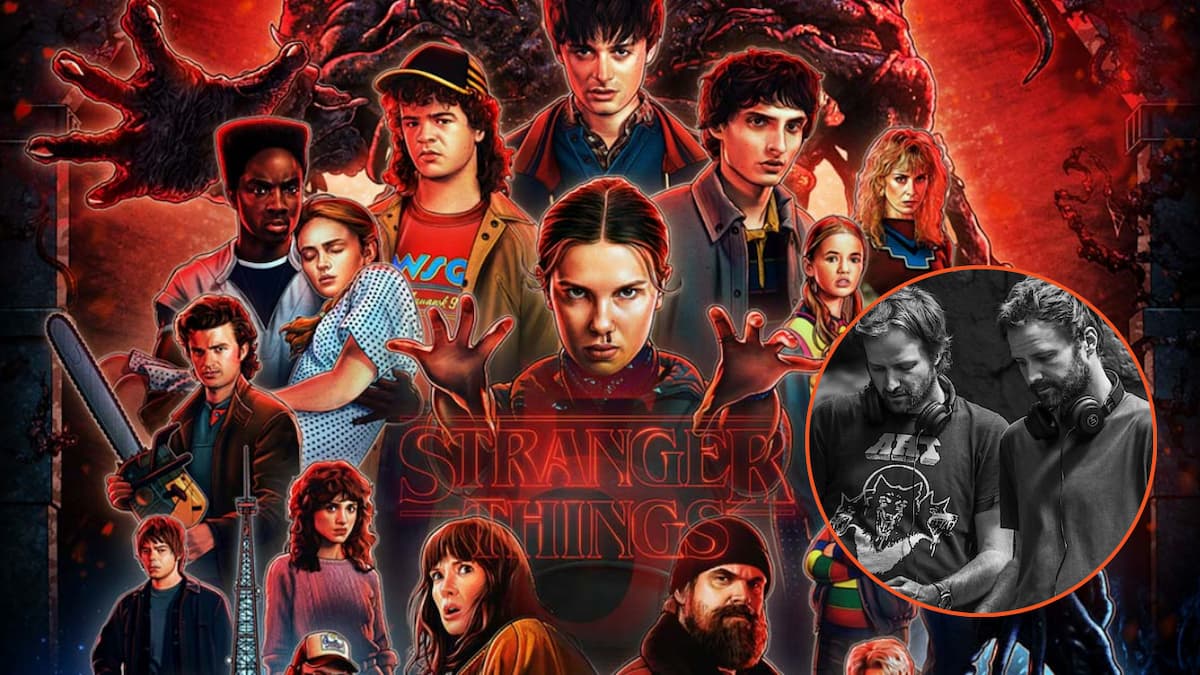
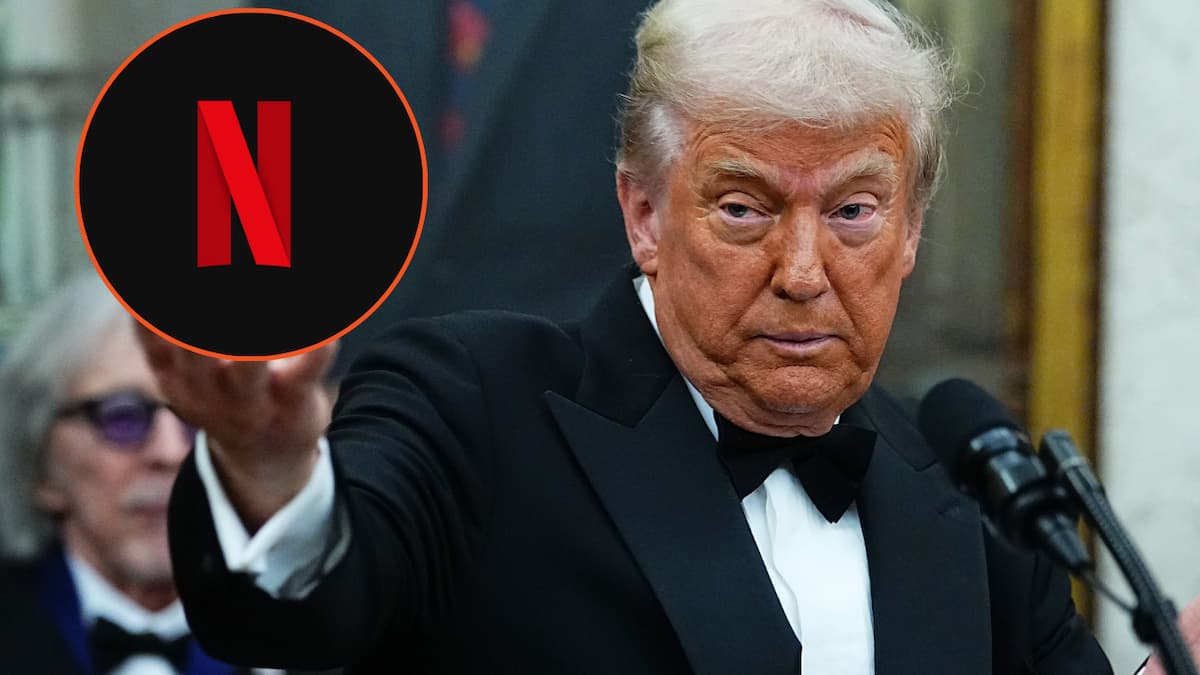
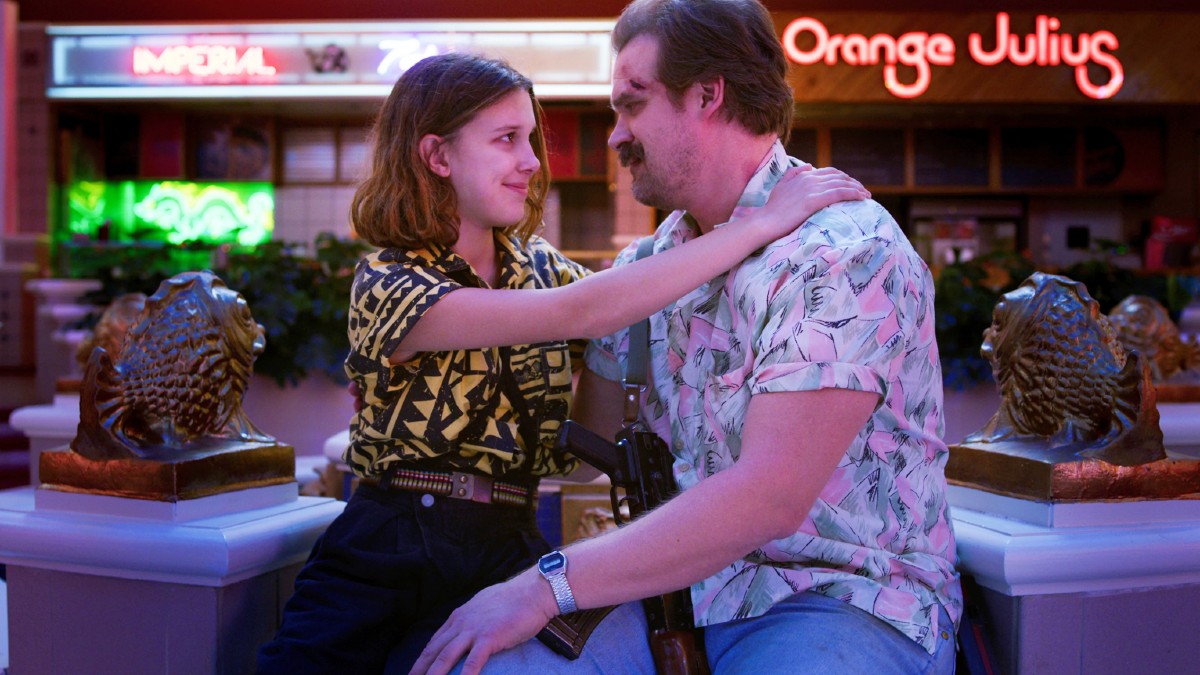
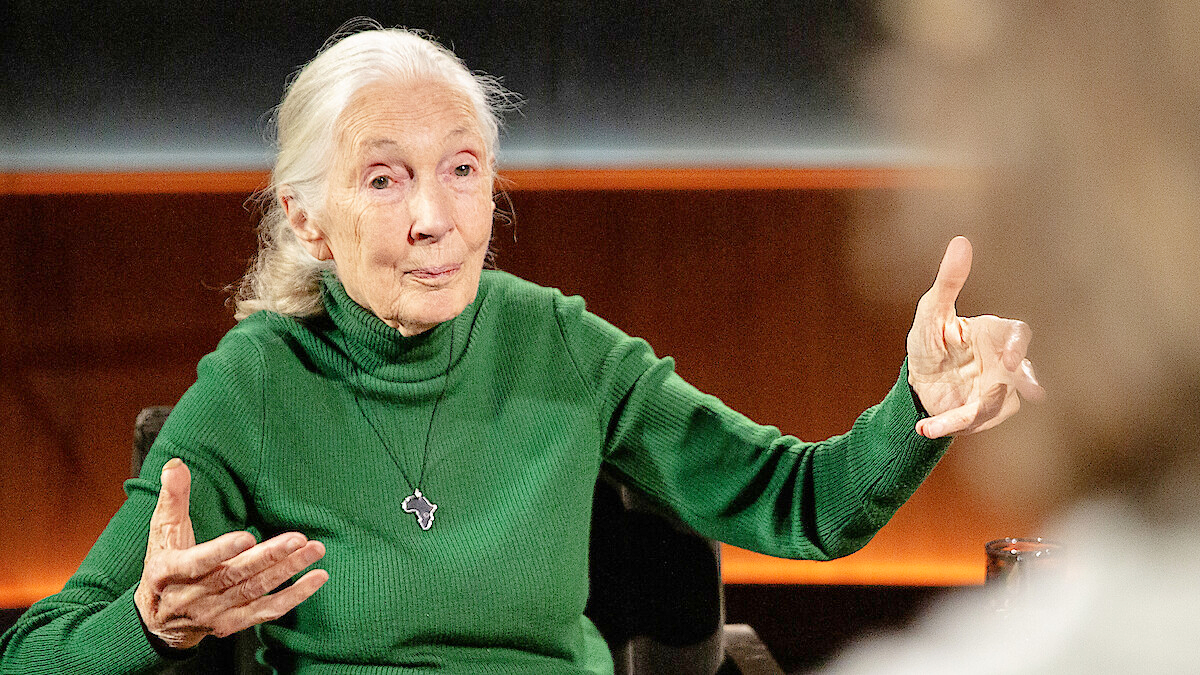

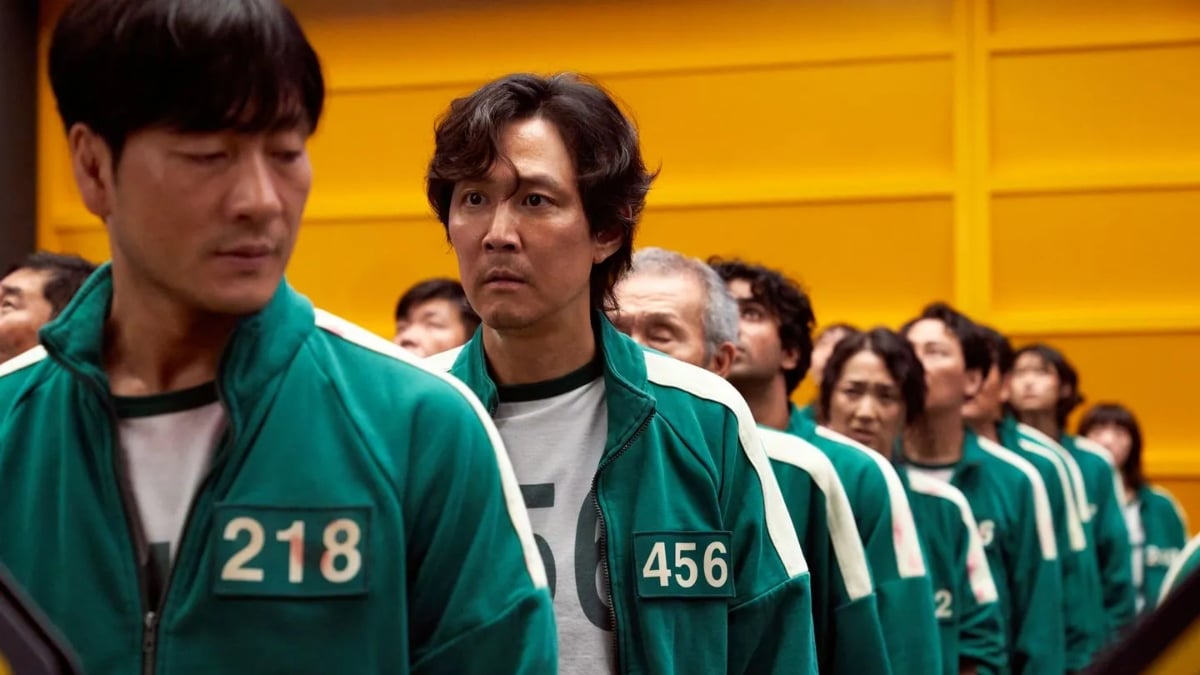

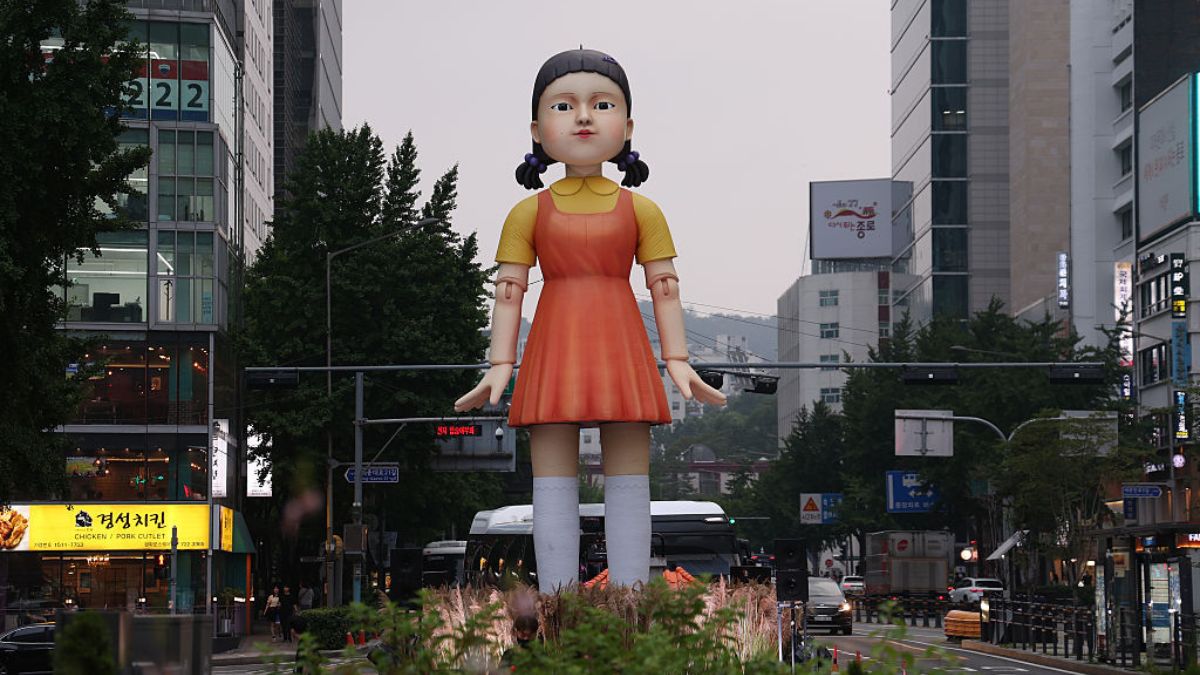
Published: Aug 14, 2020 12:42 pm